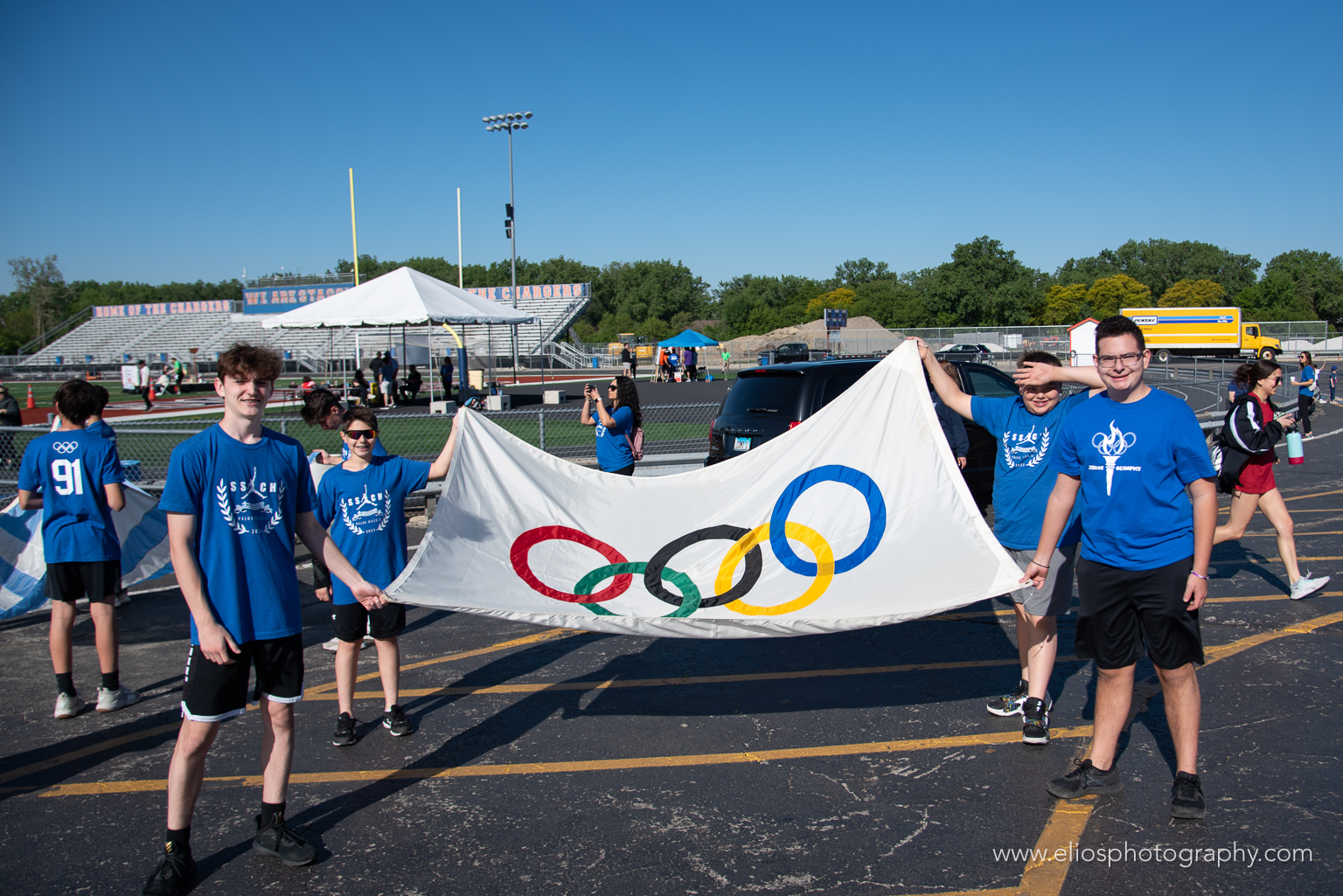
Introduction
The United States has a long and storied history of hosting the Olympic Games, earning its reputation as an “Olympic Metropolis.” With iconic cities like Los Angeles and Atlanta taking the global stage, the USA has consistently showcased its infrastructure, hospitality, and passion for sports. This article delves into the Olympic legacy of the United States, its impact on the host cities, and its contribution to the Olympic movement.
A Legacy of Hosting the Games
1. Early Beginnings: The 1904 St. Louis Olympics
The USA’s Olympic journey began in 1904 when St. Louis hosted the Summer Games as part of the Louisiana Purchase Exposition. Despite logistical challenges, this event marked the beginning of America’s Olympic legacy.
2. Los Angeles: The Iconic Olympic City
Los Angeles is the only American city to host the Summer Games twice (1932 and 1984) and is set to do so again in 2028. Each event brought innovation and economic impact:
- 1932 Games: Introduced the Olympic Village concept.
- 1984 Games: Turned a profit through corporate sponsorship, setting a new standard for future games.
Impact of Hosting the Olympic Games
1. Economic Boost
Hosting the Olympics brings substantial economic benefits to the host city. From infrastructure development to tourism, cities like Atlanta and Salt Lake City have seen significant financial gains.
- Atlanta 1996: Transformed the city into a global hub for business and tourism.
- Salt Lake City 2002: Boosted winter sports tourism and infrastructure in Utah.
2. Infrastructure Development
The Olympics leave a lasting legacy of improved infrastructure. For example:
- Atlanta: Developed Centennial Olympic Park, a vibrant community space.
- Los Angeles: Revamped sports venues and public transportation ahead of the 1984 Games.
American Athletes: A Dominant Force in the Olympics
1. Summer Games Stars
From track and field legends like Carl Lewis to swimming greats like Michael Phelps, American athletes have dominated the Summer Olympics, amassing an unparalleled medal count.
2. Winter Games Success
While less dominant in the Winter Olympics, the USA has produced iconic athletes like Lindsey Vonn and Shaun White, showcasing excellence in skiing and snowboarding.
USA’s Role in the Global Olympic Movement
1. Innovation in Sports Management
The USA has consistently set new standards for Olympic hosting and organization, including the introduction of sustainable practices and leveraging technology to enhance the fan experience.
2. Advocacy for Inclusivity
The USA has been at the forefront of advocating for gender equality and inclusivity in sports, promoting the participation of women and underrepresented groups.
The Road to Los Angeles 2028
As Los Angeles prepares to host the Summer Olympics in 2028, the city is gearing up for a celebration of sports, culture, and innovation. Key highlights include:
- A focus on sustainability with eco-friendly venues and practices.
- Utilizing existing infrastructure to minimize costs.
- A commitment to youth engagement and community development through sports.
Conclusion
The United States has cemented its place as a prominent Olympic metropolis, contributing to the growth and evolution of the Games. With its rich history, unparalleled hosting capabilities, and dedication to fostering sportsmanship, the USA continues to be a vital player in the Olympic movement.
As the world looks forward to Los Angeles 2028, the spirit of the Olympics remains alive and thriving in America’s cities, inspiring generations to come.
